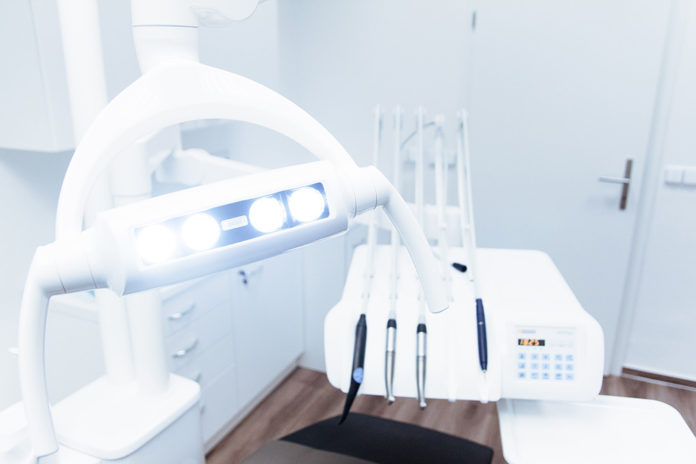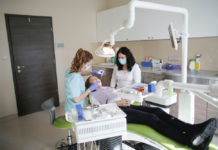Everyone wants to be able to keep their natural teeth healthy for a lifetime. However, circumstances can change and sometimes you will need to have a tooth extraction performed when a tooth cannot be saved.
When it is necessary to have a surgical tooth extraction, it may be because the tooth has been damaged beyond repair or has decayed to a point where it cannot be saved. Your dentist will prefer to save a tooth if possible, but if removing your tooth is better for your oral health, then it isn’t the end of the world.
What happens when a tooth cannot be saved?
Most teeth are removed due to accidental trauma, decay or overcrowding. If a tooth cannot be saved through it being filled or crowned, then tooth extraction will be your best course of action. It may be that your tooth doesn’t have any healthy support from your jaw bone due to gum disease, making your tooth loose and ineffective.
Abscessed teeth that don’t respond well to root canal treatment may also need to be removed. In which case, there are solutions you could have in the form of a dental implant to replace the removed tooth.
Your dentist may want to remove a tooth or two before they can perform teeth straightening treatment if you have an overcrowded jaw. Again, wisdom teeth may be best removed because they have grown into an awkward position or maybe pushing your molars out of line.
Is a tooth extraction complicated?
Actually, oral surgery and the removal of teeth is one of the most common surgical procedures that a dentist will perform in the UK. Most children with overcrowded jaws and needing a dental brace fitted to straighten their teeth will usually need to have a couple of teeth removed to give the jaw enough room to move and reposition teeth to give a better alignment.
A simple tooth extraction can be performed easily where a tooth is sitting above the gum line and can be removed with forceps by your dentist. This procedure is usually pretty trouble-free.
A more complicated surgical extraction will be needed for teeth that are difficult to reach, such as with the removal of your wisdom teeth. A surgical extraction is more involved and will require surgical stitches to close the wound following surgery. Painkilling medication will also be prescribed.
Post-extraction care
Your Glow Dental team will give you aftercare advice about looking after your teeth and gums following your tooth extraction. Recovery from a simple extraction is pretty straightforward and quick, but with surgical extractions, you will have one or more stitches to take good care of following your surgery.
Make sure you listen to the advice given to you from your dentist to avoid any complications. If you are prescribed painkilling medication, make sure you take the whole course.
Avoid eating and drinking for at least two hours following your tooth extraction. After this, you should keep yourself well hydrated by regularly sipping water and avoid drinking hot or cold sugary drinks. Try to get as much rest as possible and keep talking to a minimum.
Contact our friendly team at Glow Dental, 87 Northcote Road, Battersea, London SW11 6PL if you are worried about the health of your teeth or if you have a damaged tooth that is causing you pain.












